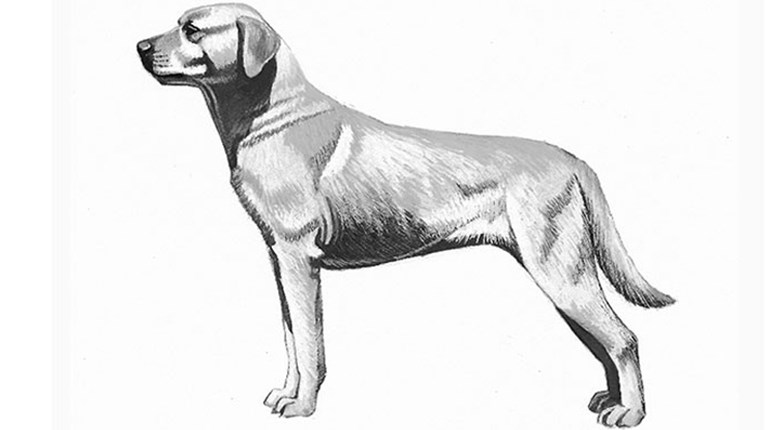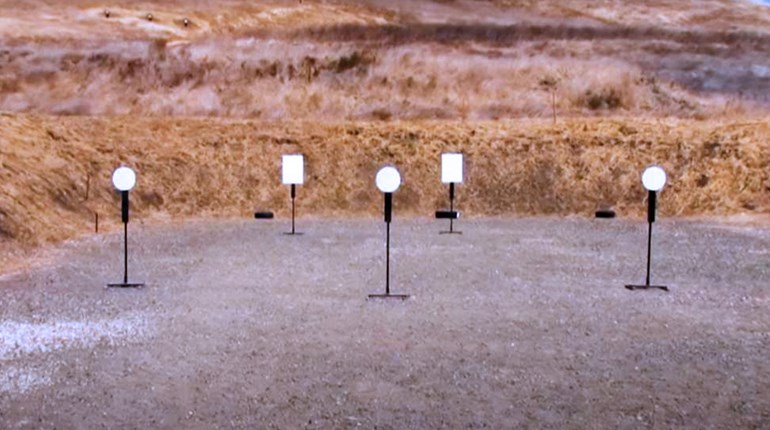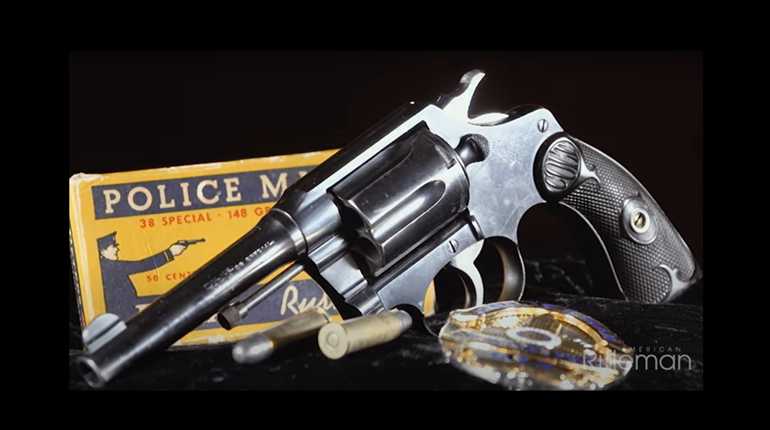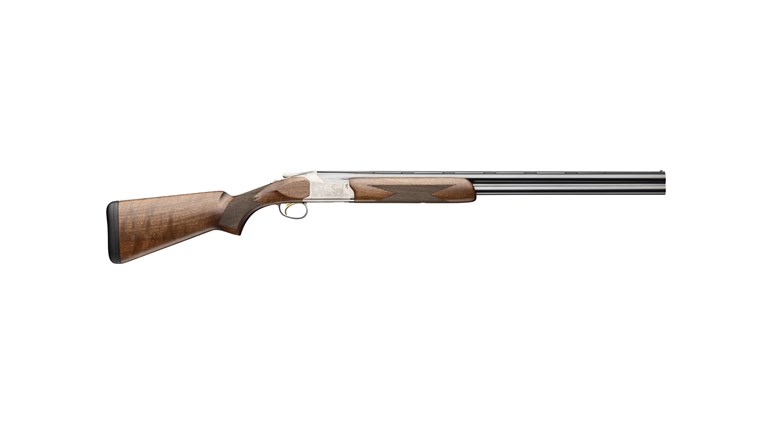
Let me guess: You train your dog a little in August, maybe sneak in a dove hunt or two with him in September and start most of your upland and waterfowl hunting in October. Your dog is out of shape until November and by the time he really gets into the groove the season's almost over. Then during a seven- or eight-month off-season your dog won't fetch much of anything except maybe the newspaper. What if I were to tell you there was a way to never have an off-season again? Think how talented your dog could become and how much fun you'd share if you took him hunting all year long. That's exactly what thousands of participants in field trials, hunt tests and other gundog games get to enjoy. Here are a few of the many types of hunting dog events that you and your future champion may like to try.
1. Field Trials
Field trials are the oldest and one of the most prestigious types of bird-dog games. There are a few organizations that hold field trials, including the American Kennel Club (AKC), the same group that governs the dog shows you've probably seen on television. Field trials and dog shows help preserve the desirable characteristics of various dog breeds. However, whereas dog shows preserve physical traits, field trials (and for that matter most gundog games) seek to strengthen and maintain dogs' hunting instincts.
Field trials are designed to simulate hunting conditions. A judge carefully watches each dog hunt and decides which one did the best.
There are separate field trials for different types of gundogs. Goldens, Labs, Chessies and other retrievers compete against one another in retriever field trials. They are challenged with retrieves of several hundred yards, blind retrieves (unseen falls) and more! The dog that most accurately marks and fetches her retrieves wins.
Pointers and setters compete against one another in pointing dog trials. They are judged on their ability to find and point game birds such as quail, pheasants and chukars. It is something to behold when a setter races down the field, smells birds and freezes on point like a statue. The winning bird dog will find many birds and prove it has a great sense of smell. Sometimes pointing dog trials are even held on horseback.
Spaniels like springers and cockers are judged on their ability to find and retrieve game. If they want to win, they have to hunt within shotgun range, do a great job finding their birds and then retrieve them to their owners. Pheasants are usually used.
2. Hunt Tests
Another game you and your dog might really enjoy is known as a “hunt test.” The key difference is that dogs compete against each another in field trials, but hunt tests aren't really competitions. Rather, each dog tries to prove to a judge that its hunting skill meets an ability “standard.” Once a dog meets a standard, it tries to reach the next, more difficult standard. For instance, in an AKC spaniel hunt test, to reach the standard of “junior hunter,” the dog must prove it can find and retrieve a bird; to receive the “senior hunter” title, the spaniel must prove it is steady (steady dogs sit upon flushing a bird into the air); and once the spaniel proves it is a completely polished hunting machine, it will receive the coveted title of “master hunter.”
Hunt tests are available for practically every gundog breed and are generally less expensive than field trials. For more information, consult the AKC, United Kennel Club and the North American Versatile Hunting Dog Association.
3. Hound Events
So far, all you've read about are retrievers, pointers and spaniels. What about one of the most popular types of dogs in America-the hounds! There is no shortage of games for these dogs. Generally they fall into two categories: tree dogs, which chase game such as raccoons up trees and howl at the base of the trunk to alert their owners; and pack dogs, which often hunt in groups, their quarry most often being foxes, coyotes, rabbits and other small game.
Beagles are one type of pack dog. There are various types of beagle events held by the American Rabbit Hound Association, in which beagles compete against one another for best bunny hunter. The AKC holds beagle field trials.
Another type of pack dog is the foxhound, which, as its name suggests, is usually judged on its ability to find and trail foxes. Many foxhound events are held by small clubs rather than a large, overall governing body. More information on these clubs can be obtained from the Masters of Foxhounds Association of North American.
Coonhounds compete in “nite hunts” (yes, that's the correct spelling). Have you read the popular book, Where the Red Fern Grows? The title character and his hounds compete in events based loosely on nite hunts.
Participants in nite hunts compete at night for a period of two hours. If you want your dog to win, he has to be the first to find and tree a raccoon. Nite hunts are open to black and tan coonhounds, redbones, treeing walkers, English coonhounds, bluetick coonhounds and Plott hounds. Groups that hold nite hunts include the American Coon Hunters Association, Professional Kennel Club, National Kennel Club, AKC and UKC.
Think Your Dog Has What it Takes?
Before entering any type of gundog event, you should learn more about the specifics of the game and what the judges are looking for so you can train your dog accordingly. Start as a spectator. Consult the organizations that host the events and ask them about competitions and dog training groups in your area.
If you decide your dog is ready to strut its stuff for the judges, try not to get too wrapped up in the spirit of competition. Gundog events are all about having fun-even after most hunters have hung up their leashes until next year!
If you enjoyed this article, we think you'd like this one, and this one.







































